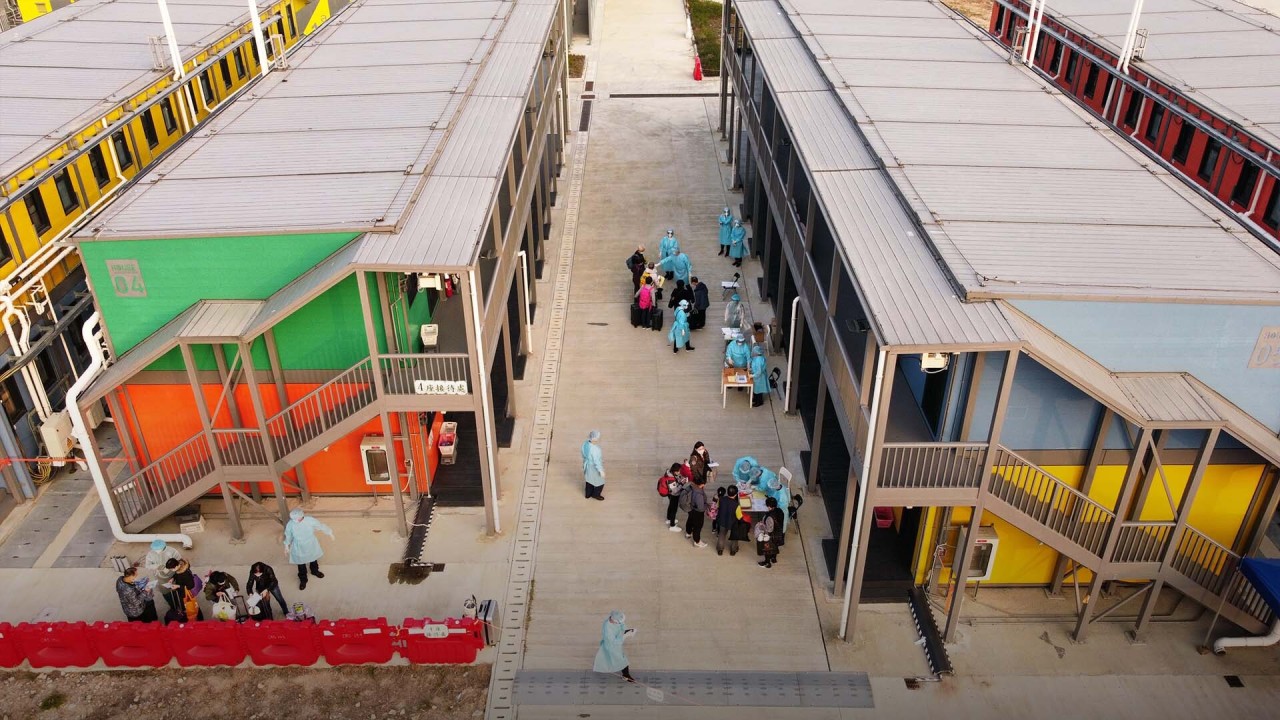
Hamster cull: Hong Kong government can surely focus on zero Covid and still show some heart
- We must not forget there is a human cost to Hong Kong’s pandemic response, which can be taken seriously without compromising the quest for zero Covid
- The pain of Hongkongers, from Covid-19 patients to restaurateurs and pet owners, should not be overlooked
The wanton disproportionateness of the cull reflects a penchant for sweeping fixes – never mind that they might turn out to be neither necessary nor conducive to a successful pandemic strategy.
To be clear, I have no quarrel with the city’s zero-Covid strategy, which is in line with the rest of the country’s approach.
Yet we must not forget the human cost of Hong Kong’s pandemic response, which can be taken seriously without compromising the quest for zero Covid.
First, it is high time that we reconsidered how Covid-19 cases – both suspected and confirmed – are treated. The weeks of hospital and post-discharge isolation meted out to those who test positive, coupled with quarantine time for all who came into close contact with them, possibly renders the cure costlier than the disease.
These measures could inadvertently succeed in deterring individuals from coming forward to be diagnosed and treated, thereby increasing the risk of community transmission.
A more comprehensive solution should include improving conditions at quarantine centres, addressing the stigmatisation of those who have been infected, and shifting away from the language of fault-finding and blame-apportioning towards a language of communal solidarity in the face of the pandemic.
There are obvious risks in allowing close contacts of Covid-19 patients to isolate at home, but such risks should be weighed constructively and judiciously against the benefit of minimising the disruption to an individual’s family and friends, in the event of a positive diagnosis.
Hong Kong will have no future as a business hub unless it opens up
More fundamentally, it is imperative that the privacy and rights of diagnosed patients be respected to some degree: the exhaustive broadcasting of their travel histories and movements in the city will only sow greater mistrust and resentment against the government among the patients and their families.
Taking a more humane and compassionate approach to patients’ welfare not only safeguards their interests, but also bolsters public support for the government’s public health policies.
The individuals in these industries are victims too, having done nothing to deserve being in that position.
But we should not fault the public health experts, either. Those advising the administration are correct in noting the importance of tracking transmission chains to prevent the exponential growth of cases in the city, especially given the density and advanced average age of our population.
Instead, the onus is on those who govern to provide much-needed subsidies and support to ordinary citizens – not just distributing cash handouts or one-off payments to businesses, but also covering the wages of otherwise furloughed workers, investing in structural retraining and vocational enhancement programmes for those who have been laid off, and providing more generous hardship loans to businesses that are straining to balance their books under the current grim conditions.
Carrie Lam should focus on our children’s well-being, rather than politics
Third, and most importantly perhaps, the success or failure of any government’s response to the pandemic depends on the support of the public.
Here in Hong Kong, we need an administration that demonstrably cares – not only for the public health outcome of eliminating Covid-19, but also for the well-being and livelihoods of individual citizens.
The administration must not forget the Hongkongers who have been stranded abroad by capricious travel bans and flight cancellations, those who are having to send their pet hamsters to be euthanised under a bizarre government stipulation, and the Hongkongers who are required to spend three weeks in quarantine upon arrival in the city.
Brian Y.S. Wong is a DPhil in Politics candidate at Balliol College, Oxford, a Rhodes Scholar (Hong Kong 2020) and the founding editor-in-chief of the Oxford Political Review

.png?itok=bcjjKRme&v=1692256346)
